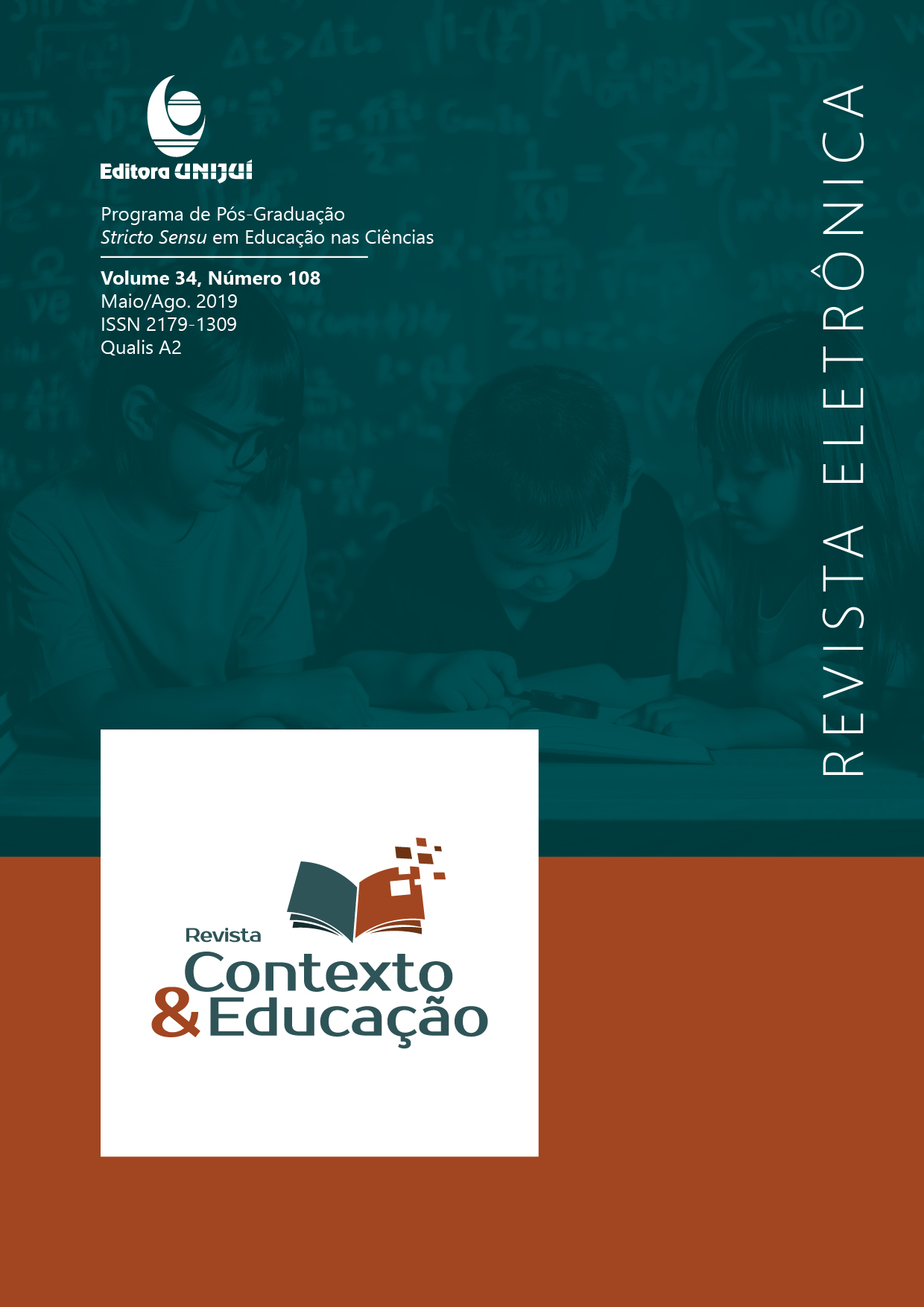COLONIALISMO DO SABER E SUAS IMPLICAÇÕES PARA A APLICAÇÃO DA LEI Nº 10.639/2003 NAS ESCOLAS PÚBLICAS
DOI:
https://doi.org/10.21527/2179-1309.2019.108.42-56Keywords:
Colonialism of knowledge. Law 10639/2003.Teaching of racial ethnic relations.Abstract
ABSTRACT
To see new scope for the implementation of Law 10.639/2003, implies the deconstruction of Eurocentric knowledge, the visibility of new cultures and, above all, recognition of the Self and the Other. Starting from this idea, it is possible to understand that the implementation of the Law brings with it complexities related to what was imposed to centuries of colonial domination and the construction of identities. It is therefore necessary to problematize the implications of the colonizing discourse in this process; of the ways in which this argument was prerogative for the exploitation of work, stereotyping and depreciation of the image of the black population. With the objective of reflecting on the teaching of racial ethnic relations in basic education and its epistemological challenges to the implementation of the Law, in addition to thinking about possibilities of blacking the lesson plans, the text translates into concerns about the right of the student to know an Africa that is discouraged and valued. Based on bibliography, based on AnibalQuijano, Sandra Pettit, and JurgenHabermas, we seek to contribute to an analysis of the need for ethnic recognition of teachers as a way of deconstructing Eurocentric knowledge for the construction of new inclusive paradigms.
Keywords: Colonialism of knowledge. Law 10639/2003. Teaching of racial ethnic relations.
Downloads
Published
How to Cite
Issue
Section
License
By publishing in Revista Contexto & Educação, authors agree to the following terms:
All works are published under the Creative Commons Attribution 4.0 International License (CC BY 4.0), which allows:
Sharing — to copy and redistribute the material in any medium or format;
Adaptation — to remix, transform, and build upon the material for any purpose, even commercially.
These permissions are irrevocable, provided that the following terms are respected:
Attribution — authors must be properly credited, a link to the license must be provided, and any changes made must be indicated.
No additional restrictions — no legal or technological measures may be applied that legally restrict others from doing anything the license permits.
Notices:
The license does not apply to elements that are in the public domain or covered by legal exceptions.
The license does not grant all necessary rights for specific uses (e.g., image rights, privacy, or moral rights).
The journal is not responsible for the opinions expressed in the articles, which are the sole responsibility of the authors. The Editor, with the support of the Editorial Board, reserves the right to suggest or request modifications when necessary.
Only original scientific articles presenting research results of interest that have not been previously published or simultaneously submitted to another journal with the same purpose will be accepted.
Mentions of trademarks or specific products are intended solely for identification purposes and do not imply any promotional relationship by the authors or the journal.
License Agreement (for articles published from October 2025): Authors retain the copyright to their article and grant Revista Contexto & Educação the right of first publication.


